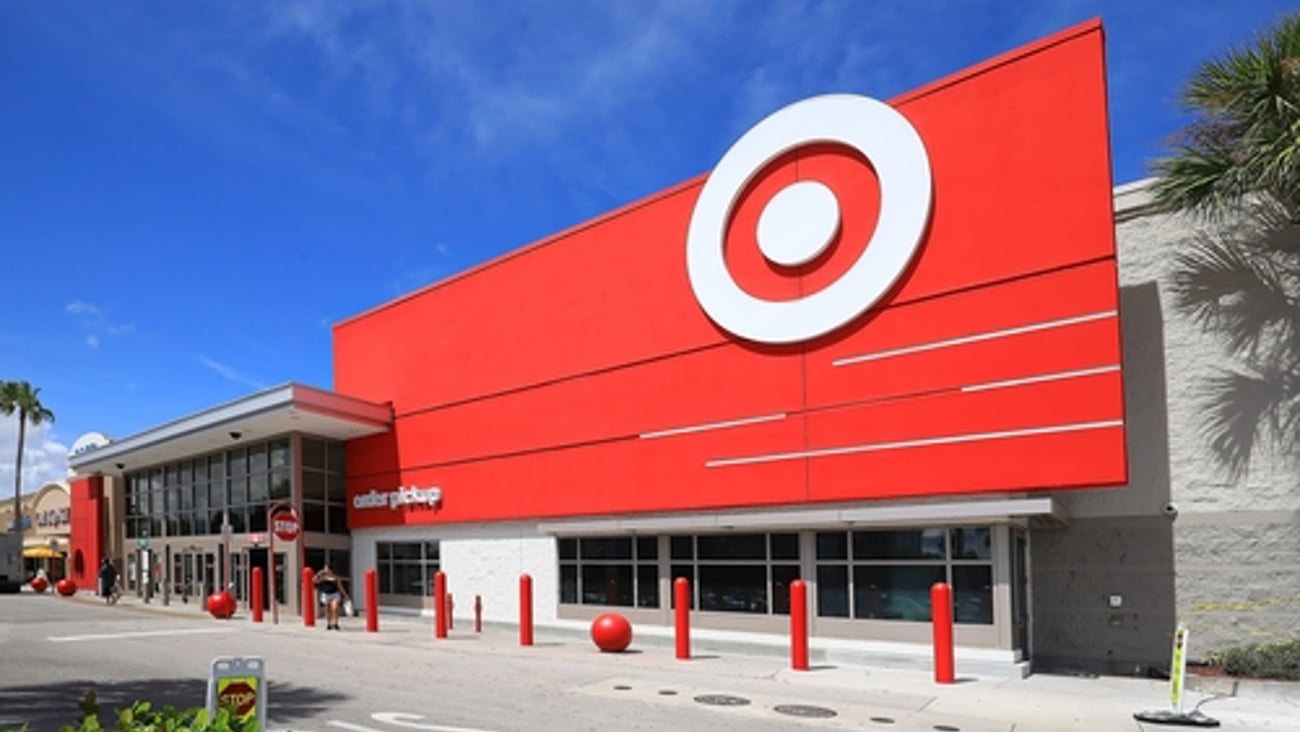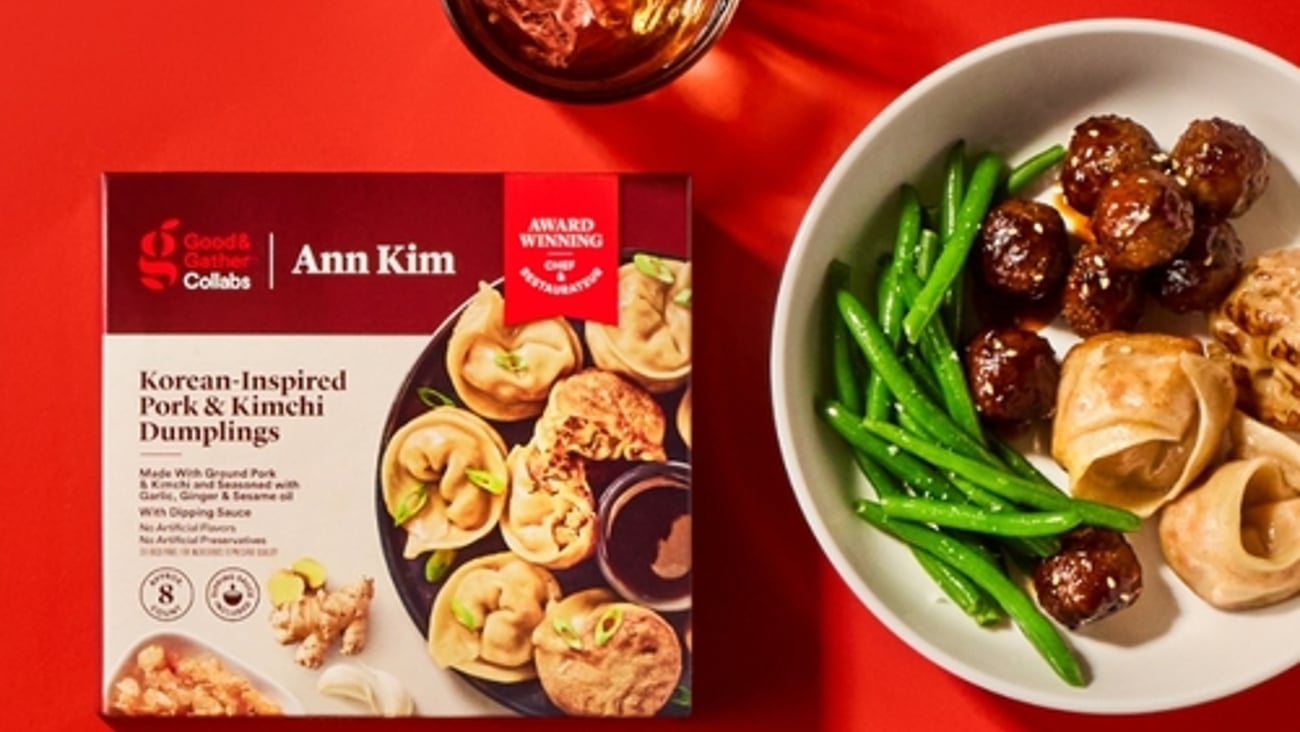Why authentic Italian pizza makes sense as a private brand
In America we love to load our pizzas with pepperoni, Italian sausage, bacon, meatballs, mushrooms, onions, pineapple, extra cheese … and the kitchen sink if there’s room. Italians, however, are much more discreet when it comes to what and how much they put on a pizza.
Last week during the 19th CIBUS International Food Exhibition in Parma, Italy, I spoke to several representatives from Italian pizza ingredient manufacturers to get their views on American pizza, especially regarding all the twists we’ve added to the Italian tradition over the years. For sure, the Italians I spoke to were very diplomatic and welcomed our diverse pizza versions, even when we try to turn a pizza into a cheeseburger by adding ground beef, American cheese and pickles. That said, Italians are also firm — if not unyielding — in adhering to what constitutes an authentic Italian pizza, which means many things, including a minimalistic approach toward toppings.
So their views made me wonder if authentic Italian pizza would work as a private brand in the U.S., whether it’s sold as a frozen food or as a chilled or cooked item in the fresh-prepared section. Yes, we love our piles of meat so heavy that the pizza crust is soaked with grease and sagging. But with the food revolution America is experiencing — many people also want more authentic food products that are healthy and free-from certain ingredients — it’s clear to me that authentic Italian pizza would succeed as a private brand. And this comes from someone who is apt to turn down a slice of stuffed-crust triple-meat pizza about as much as he would a $1 million bill (if there was one).
So why would authentic Italian pizza be a hit as a private brand? First, today’s food shoppers love a story. Three words — “Made in Italy” — tells a story.
Second, there’s Americans’ penchant for Italian food, even if it’s Americanized. If it’s the real deal, it’s only better.
And although many American pizzerias and manufacturers have turned pizza into junk food — remember Pizza Hut’s hot dog stuffed-crust pizza? — pizza can be healthy. Consider the margherita (or margarita) pizza, the most popular pizza in Italy, which consists of tomato, olive oil, mozzarella and basil. It’s a simple offering with healthy ingredients — just what many Americans are clamoring for these days.
Last week at CIBUS I spoke to Stefano Laudadio, business development executive for PizzaSi, which manufactures “premium pizza bases” at its facility in Italy that are handmade with natural yeast, extra virgin olive oil and semolina durum wheat flour. The pizza bases contain no artificial colors and are non-GMO. Laudadio told me that Italians like the “full experience” of pizza, meaning they like to taste the dough, the sauce, the cheese and whatever toppings that are placed meticulously on the pizza in every bite.
“The dough is not just a support that holds the toppings,” Laudadio says. “We stress the fact that it’s not about the quantities, it’s about the quality. Less is best.”
“Experience” is another facet of food that many Americans are coveting today, not to mention products that are made with fewer ingredients. These are two other reasons why authentic Italian pizza would succeed in the U.S. as a private brand.
The final reason? Authentic Italian pizza is “molto bene,” which means “very good” in Italian. As Laudadio says, you can taste it all — not one ingredient is overpowering the other.
Private brands are entering a new era that emphasizes premium products. Authentic Italian pizza — and all of it’s simplicity — fits the bill.





